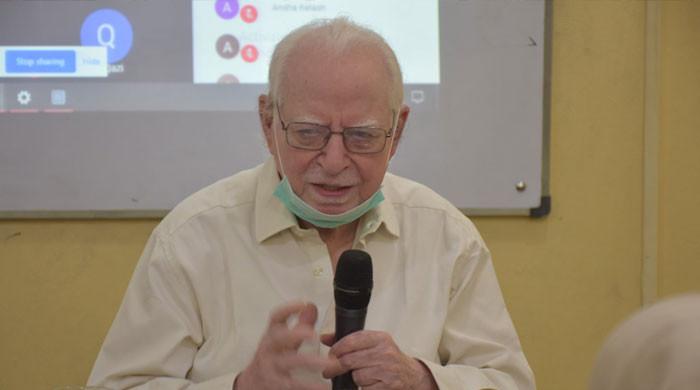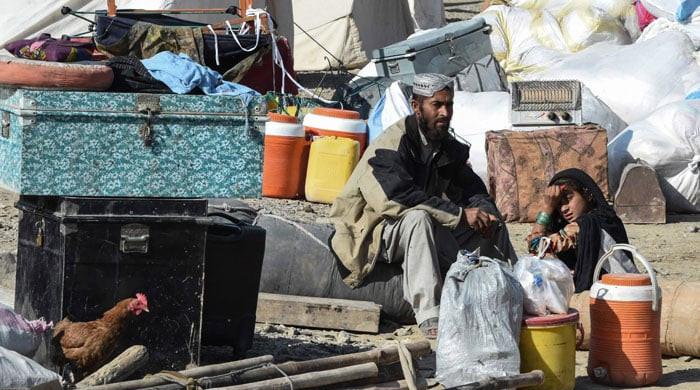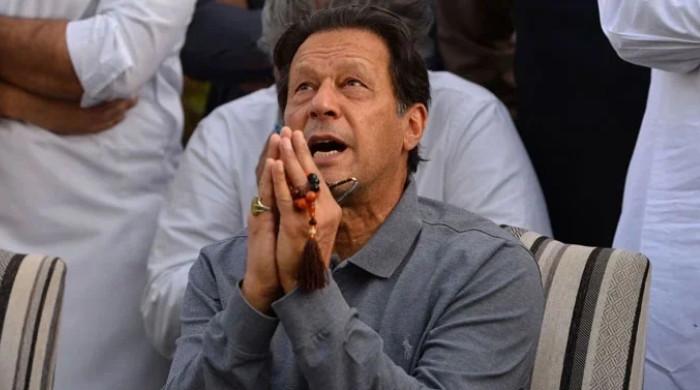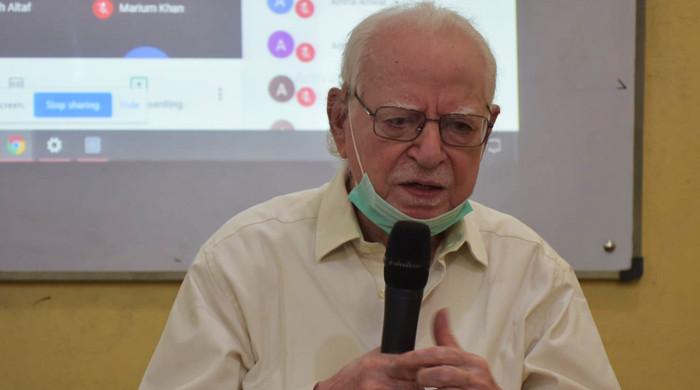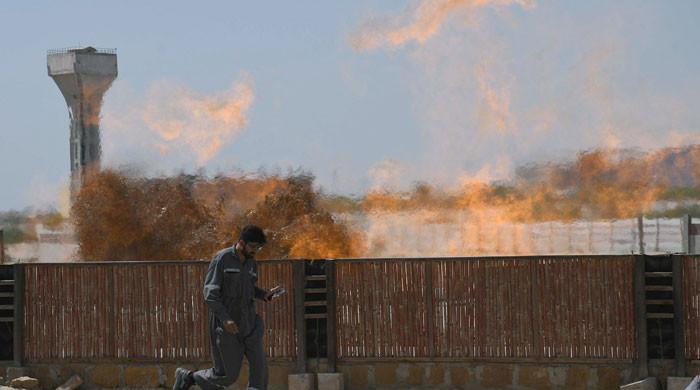Four reasons why Nawaz Sharif’s bail was rejected
The IHC released a nine-page detailed verdict on Nawaz's bail plea being rejected
February 25, 2019
On Monday, the Islamabad High Court (IHC) rejected the bail plea of former prime minister, Nawaz Sharif, on medical grounds. Sharif was convicted by an accountability court in December and awarded seven years in prison.
Soon after the judgment, the two-member bench released a nine-page detailed verdict. Why did the court not grant Sharif bail solely on medical ground? Below are the four reasons:
1 -The IHC cites a recent judgment by the Supreme Court in the case, Tallat Ishaq Vs. National Accountability Bureau (NAB), in which the apex court wrote that a high court may grant bail to an accused person arrested under the National Accountability Ordinance 1999 “in extraordinary circumstances and not in run of the mill cases or as a matter of course.”
2 - In another case, the SC stated that a high court shall exercise this “power sparingly in rare and exceptional circumstances for valid reasons to be recorded in writing” or in cases of extreme hardship.
3 – The IHC judges noted that none of the medical reports of Nawaz Sharif suggest that his continued incarceration would be detrimental to his life. “In fact the reports of Board of Doctors and various Teams constituted, are indicative of the fact that petitioner is receiving best possible medical treatment available to any individual in Pakistan.”
4 - The court then added that state authorities followed the Prisons Rules and moved the convicted prisoner to a hospital outside the prison for operative or other special treatment without lapse.




